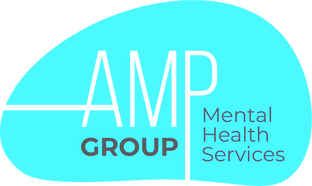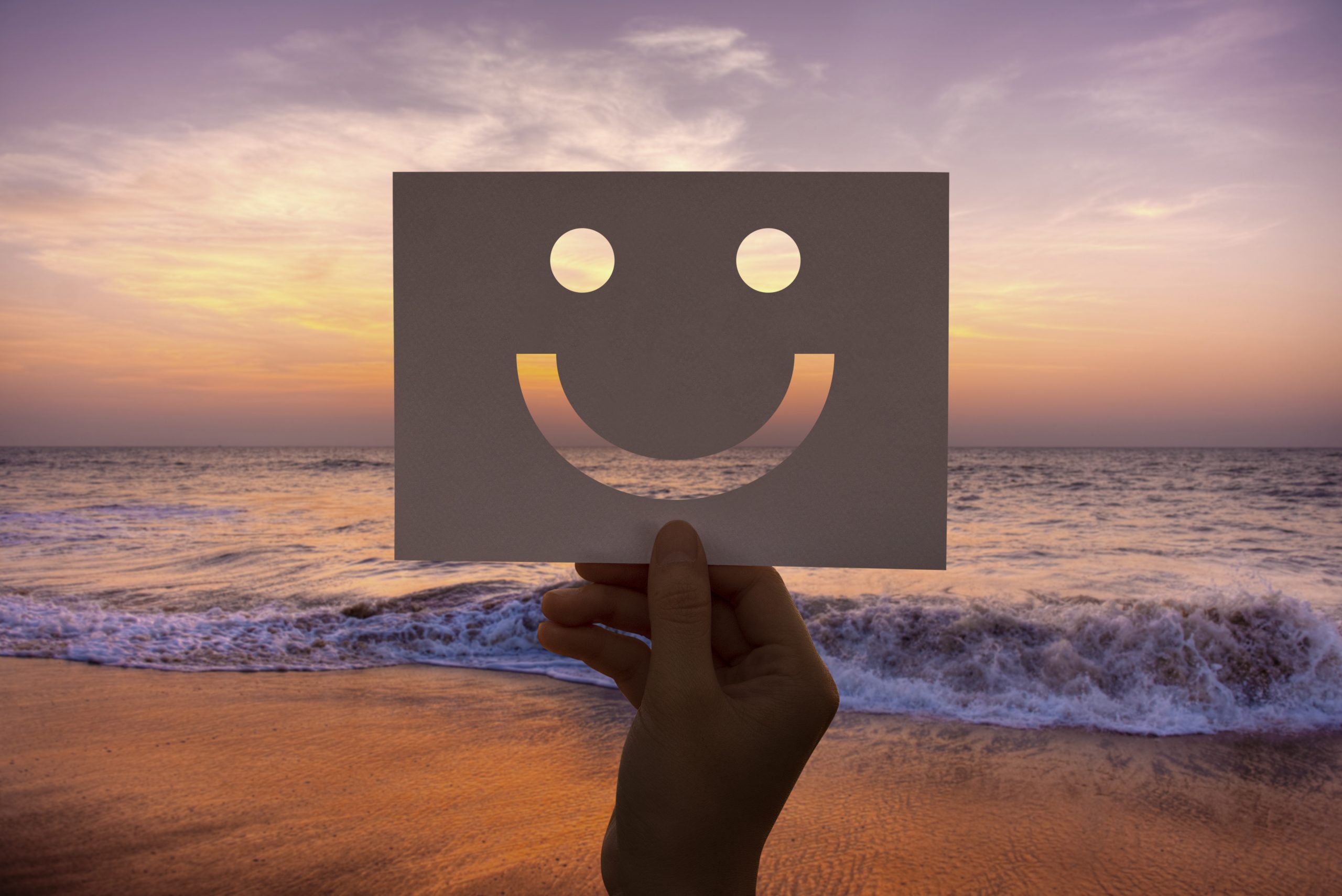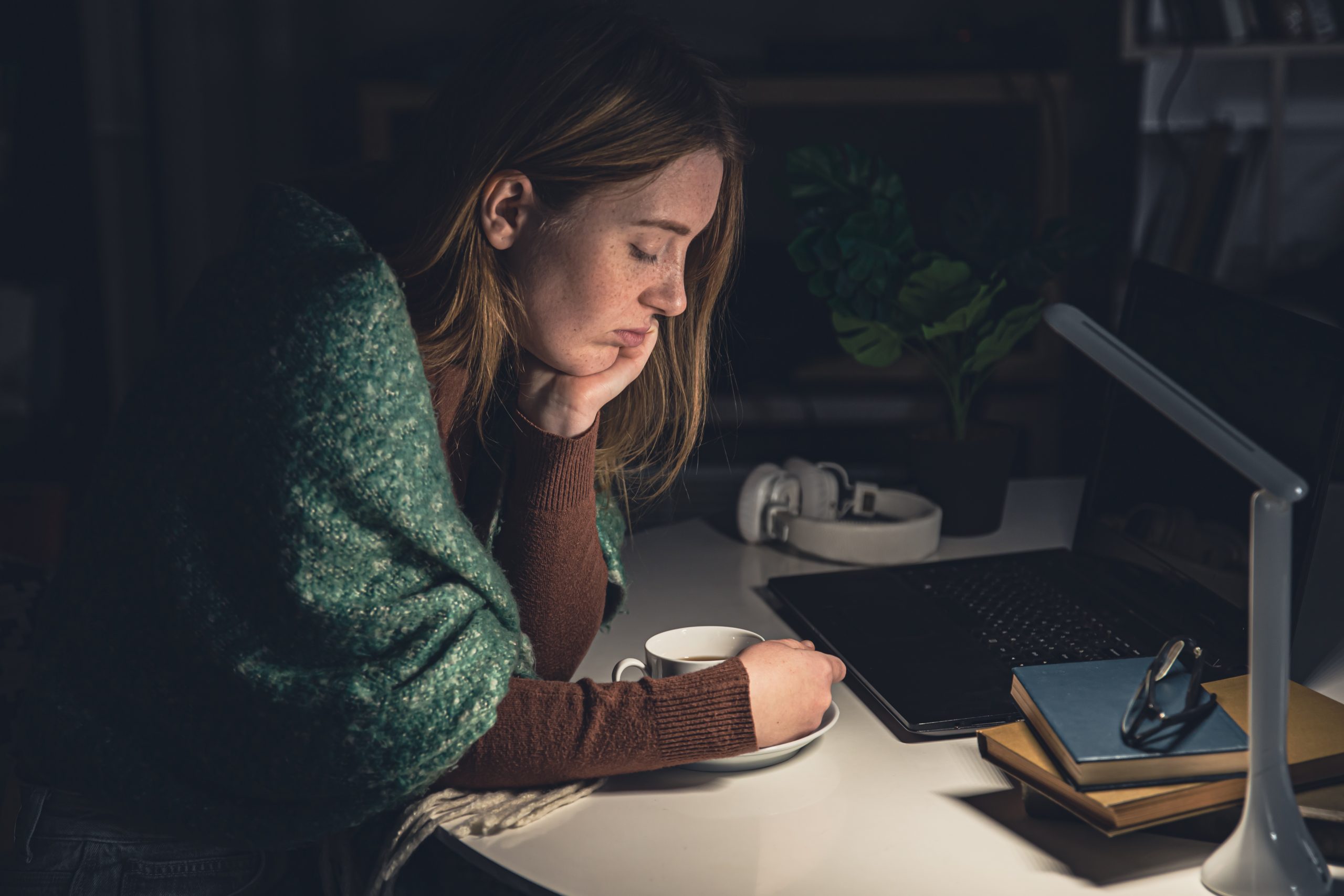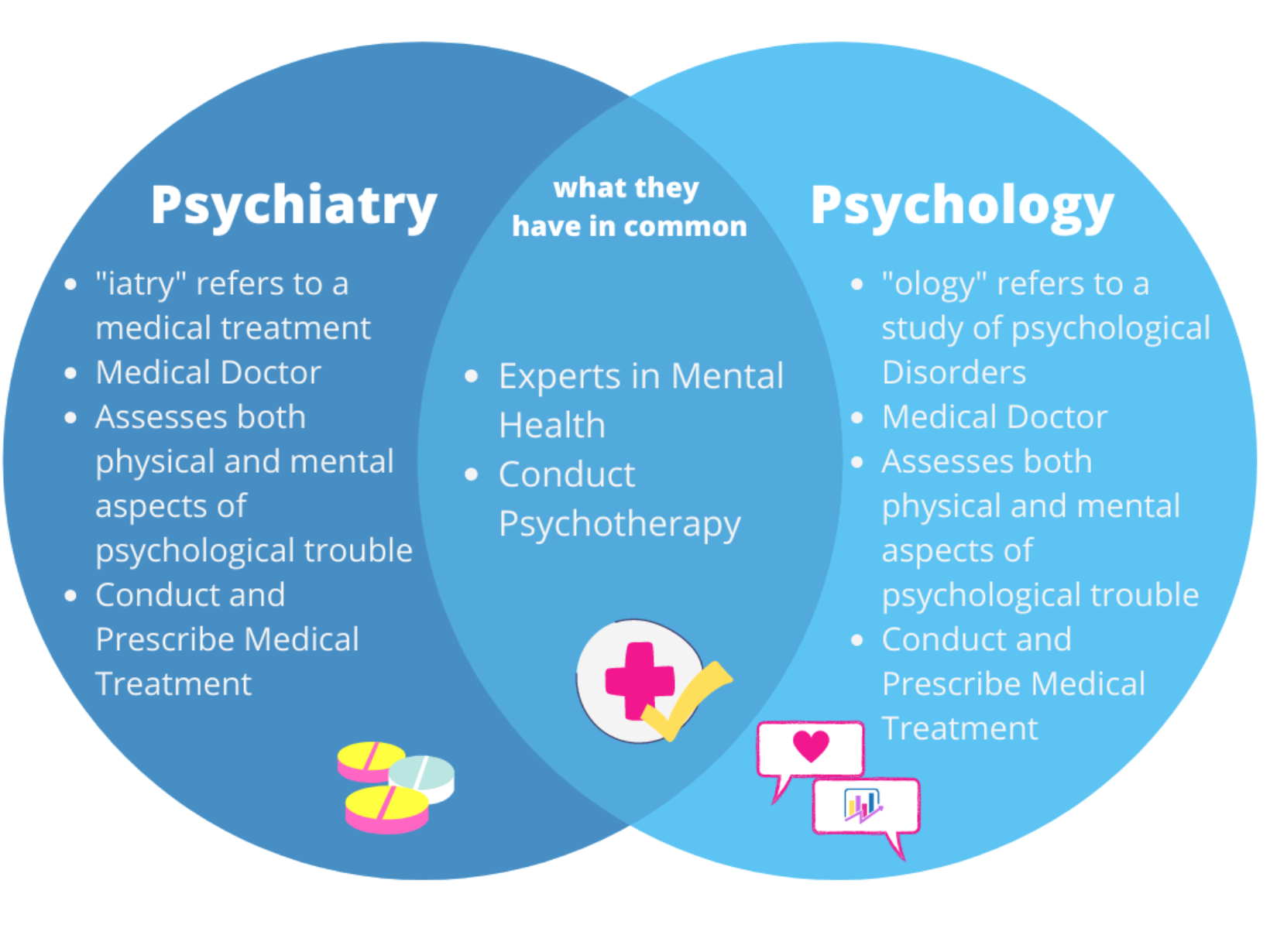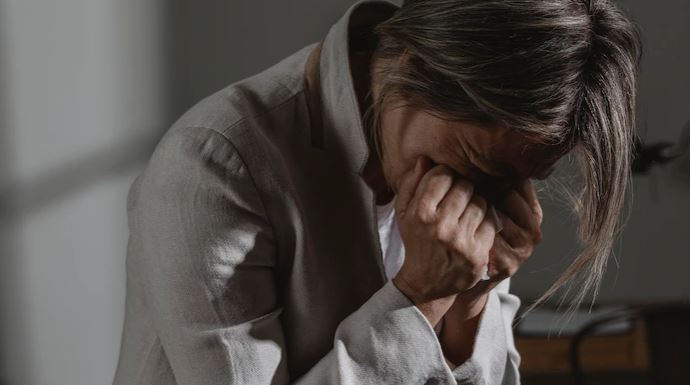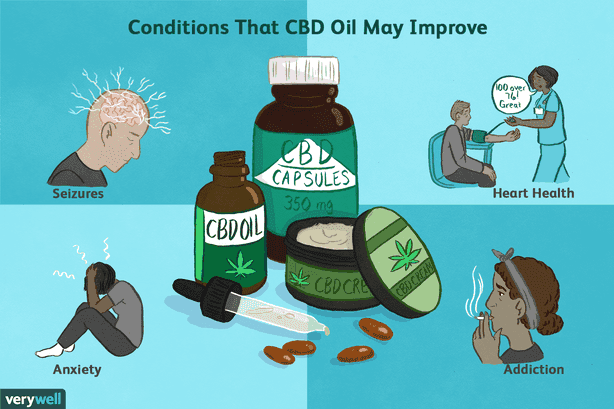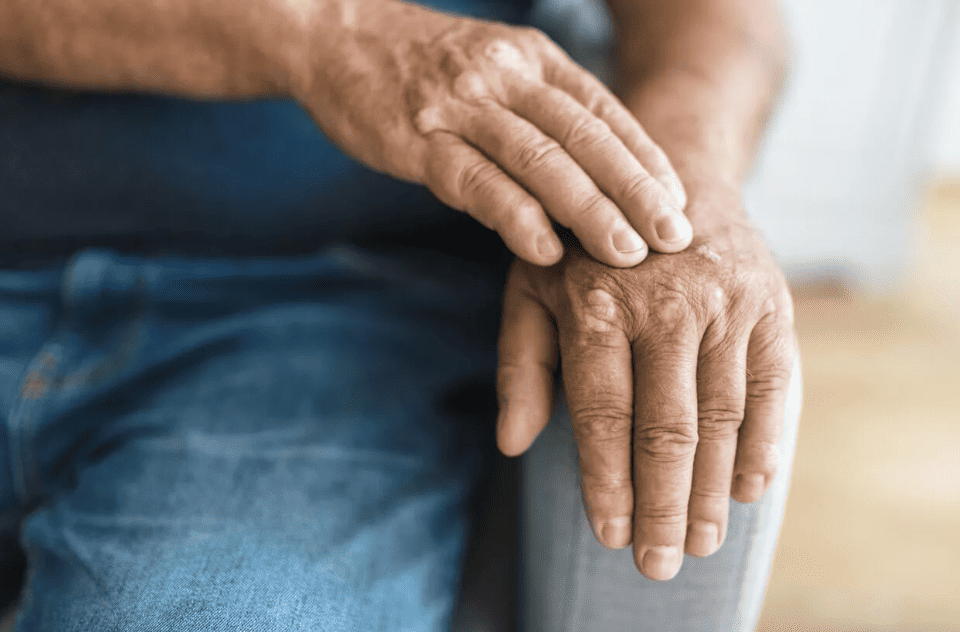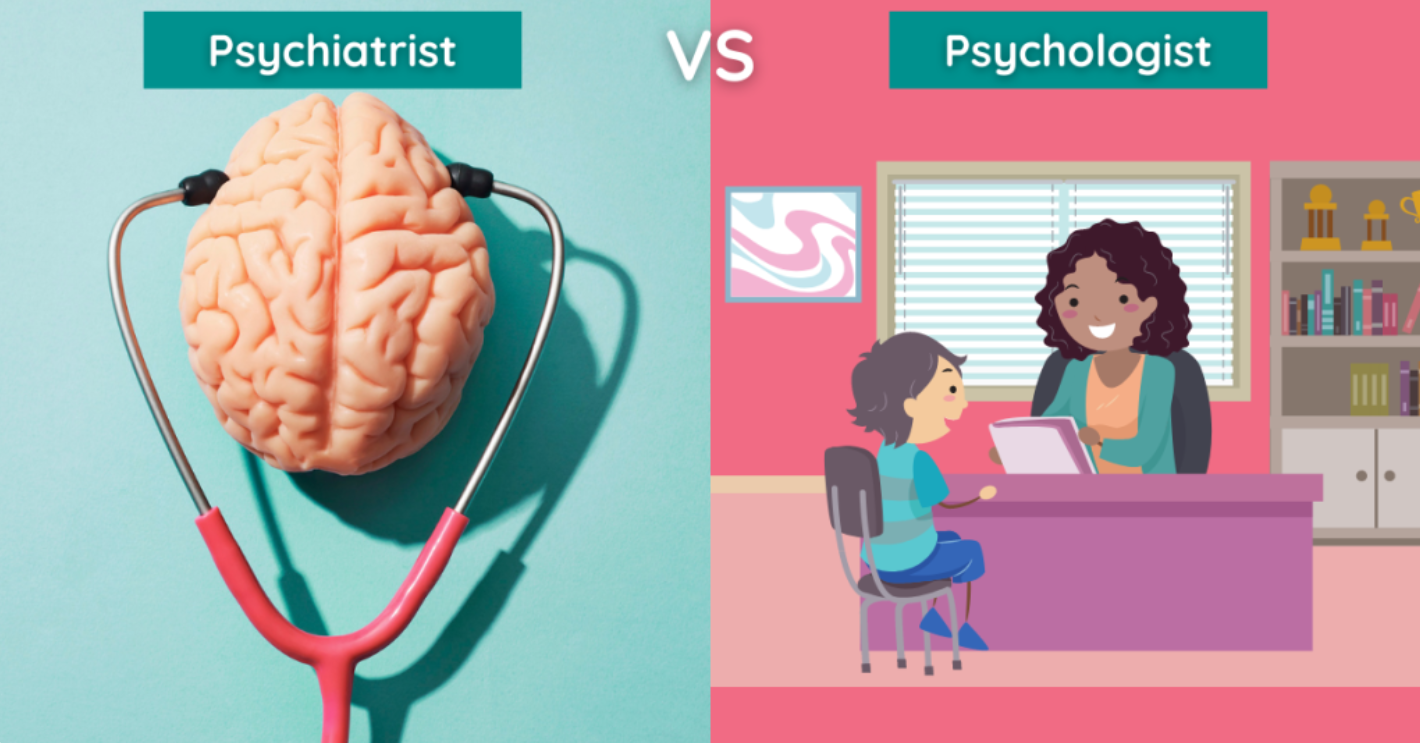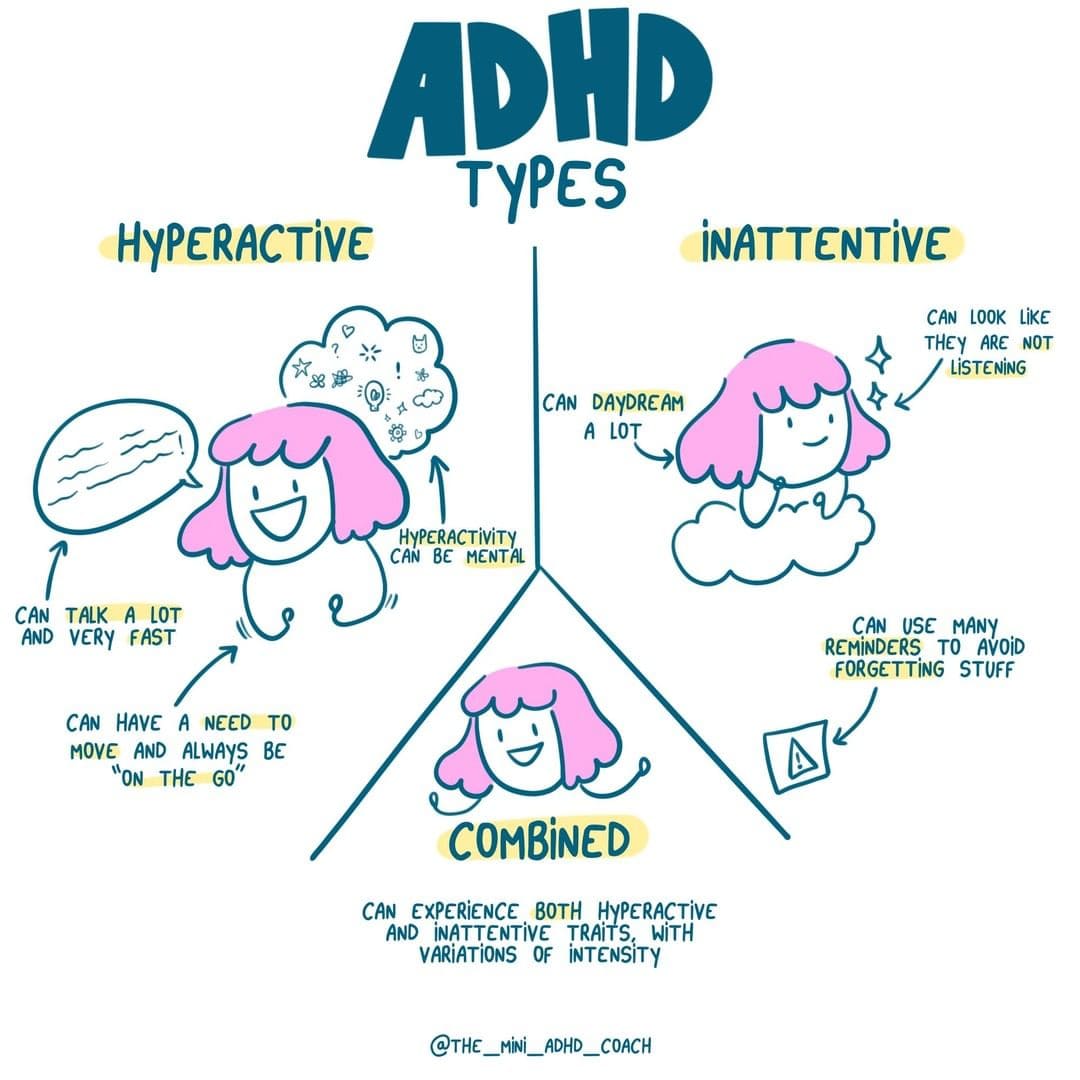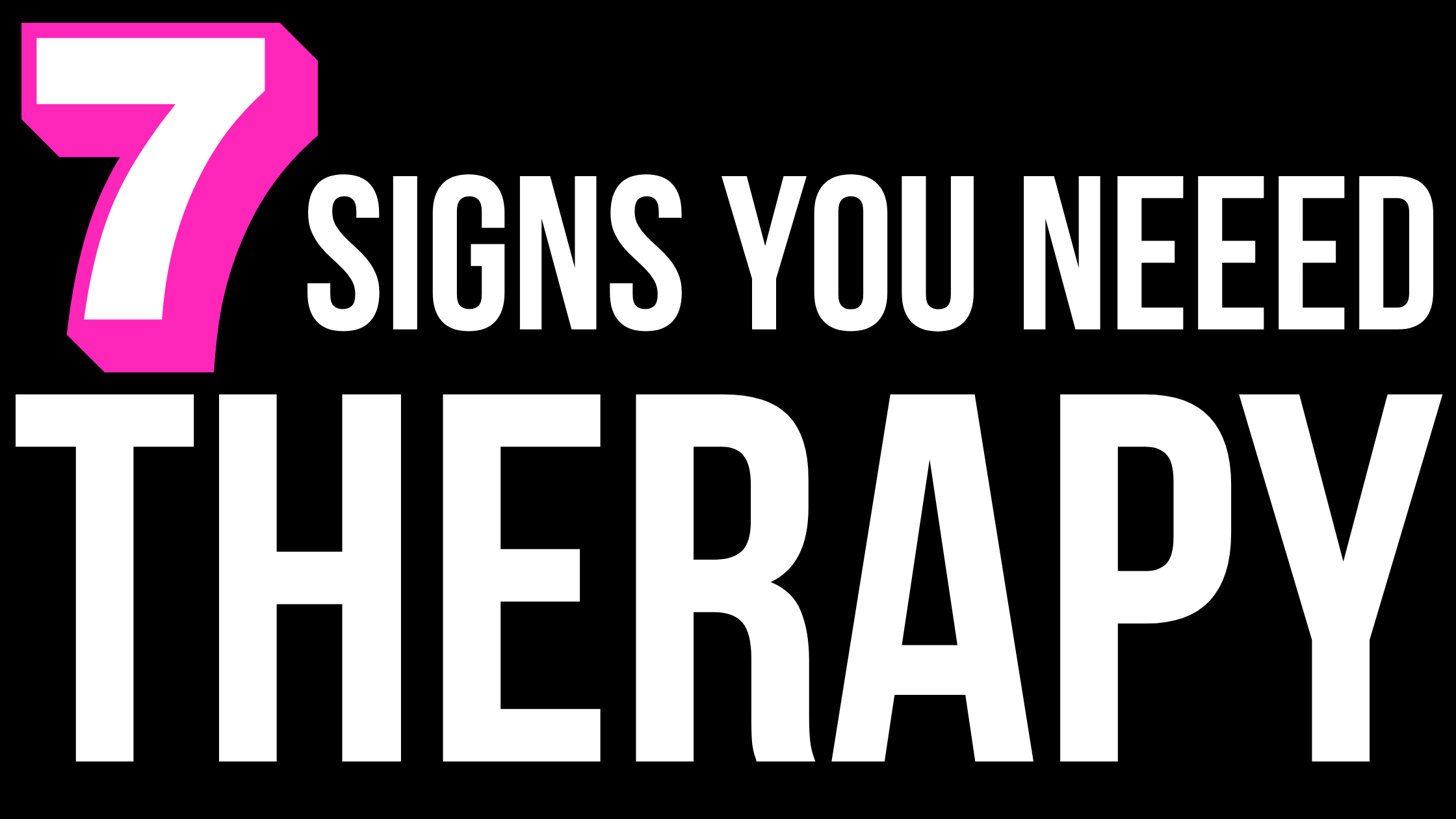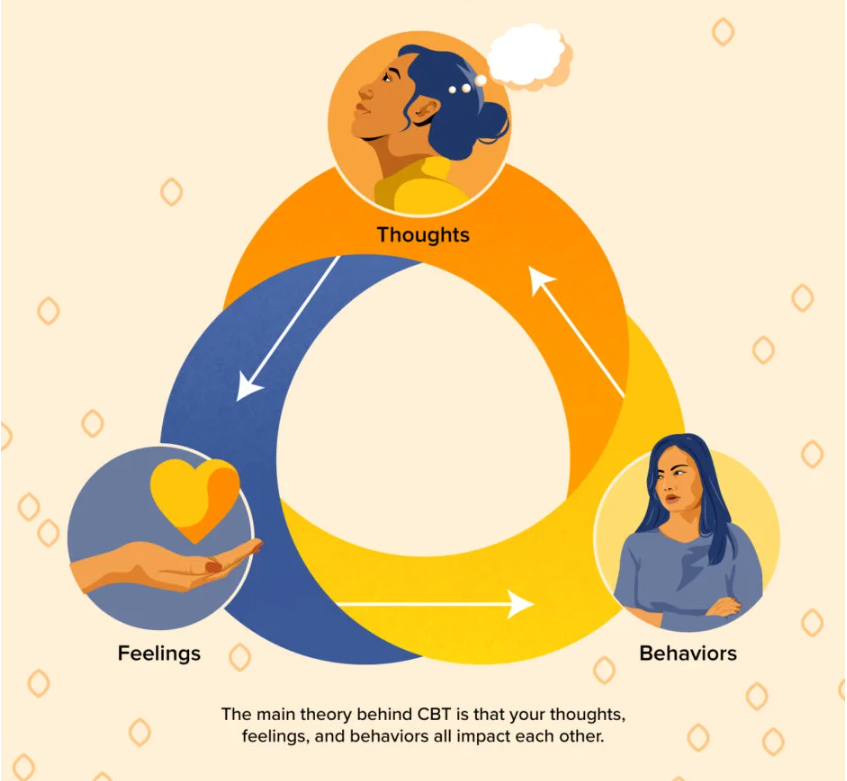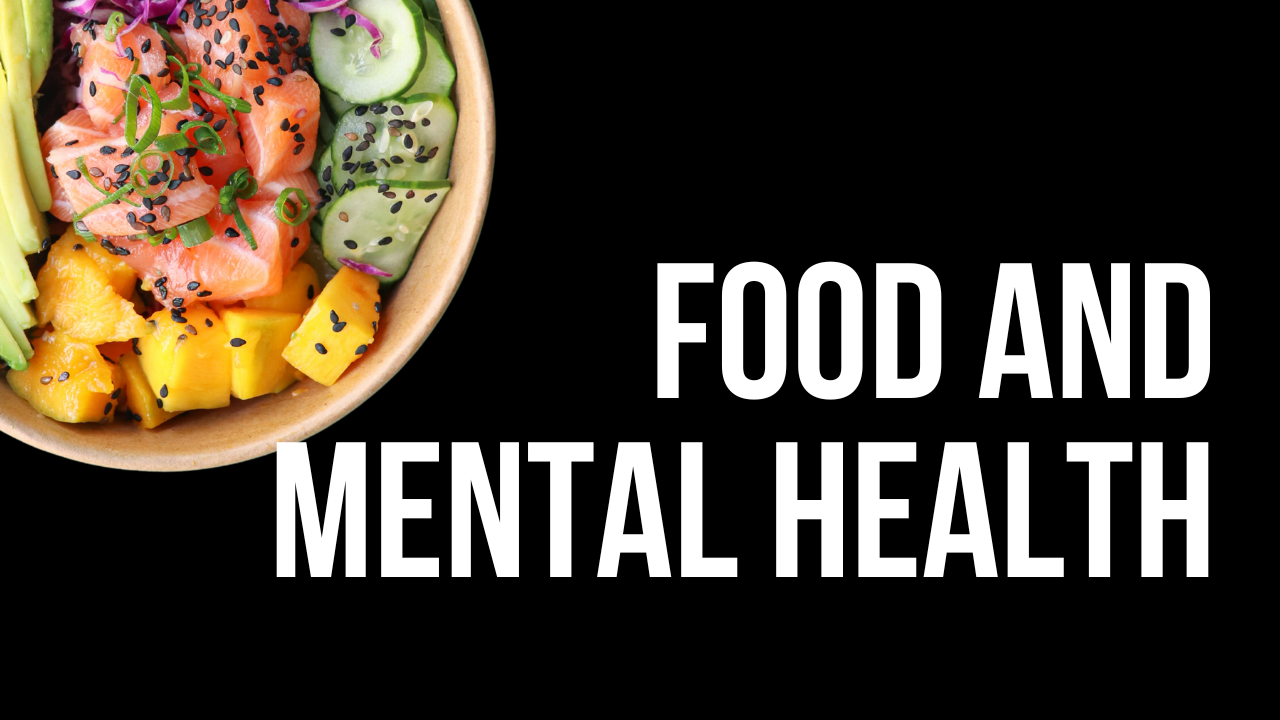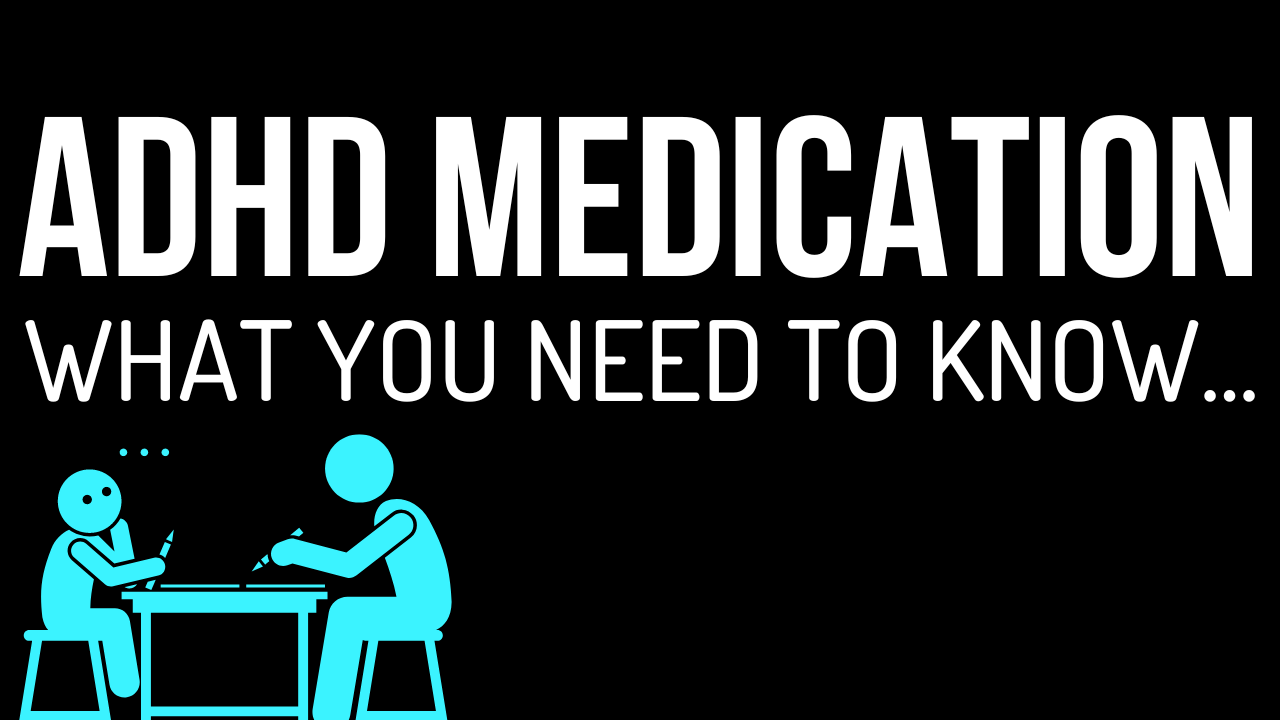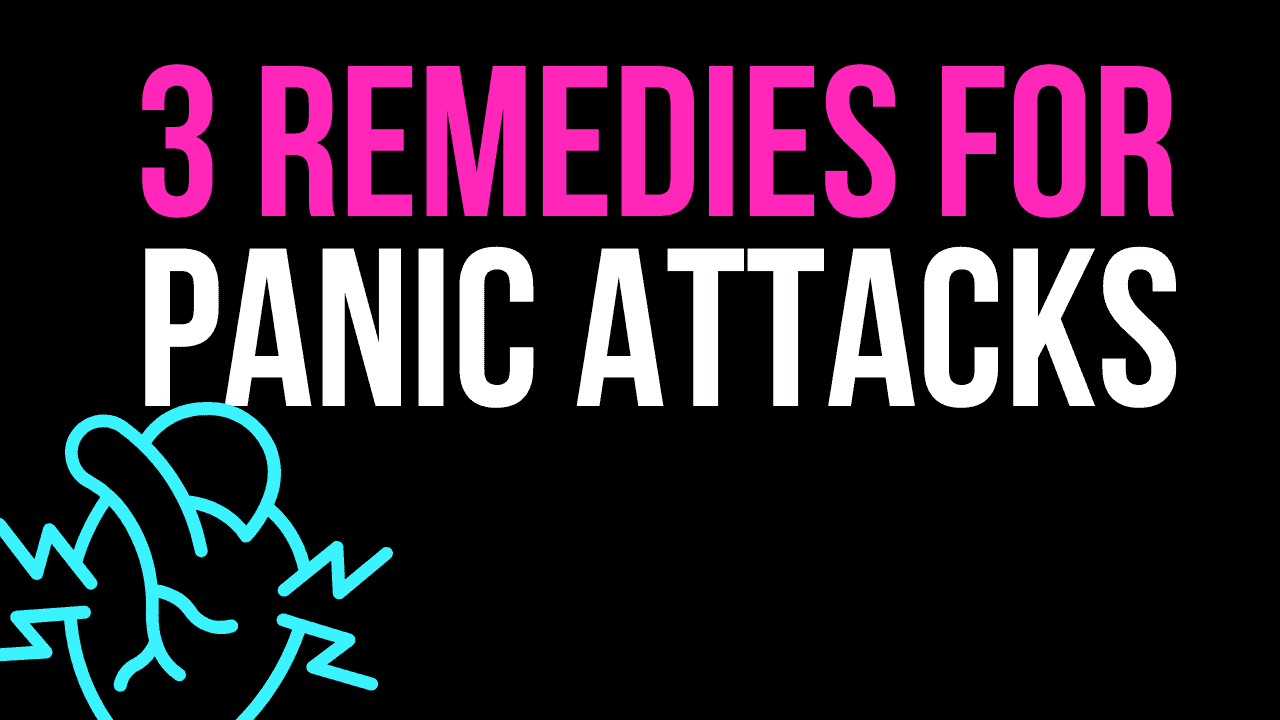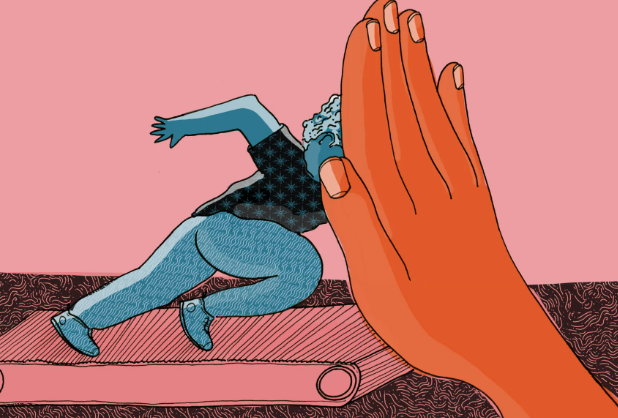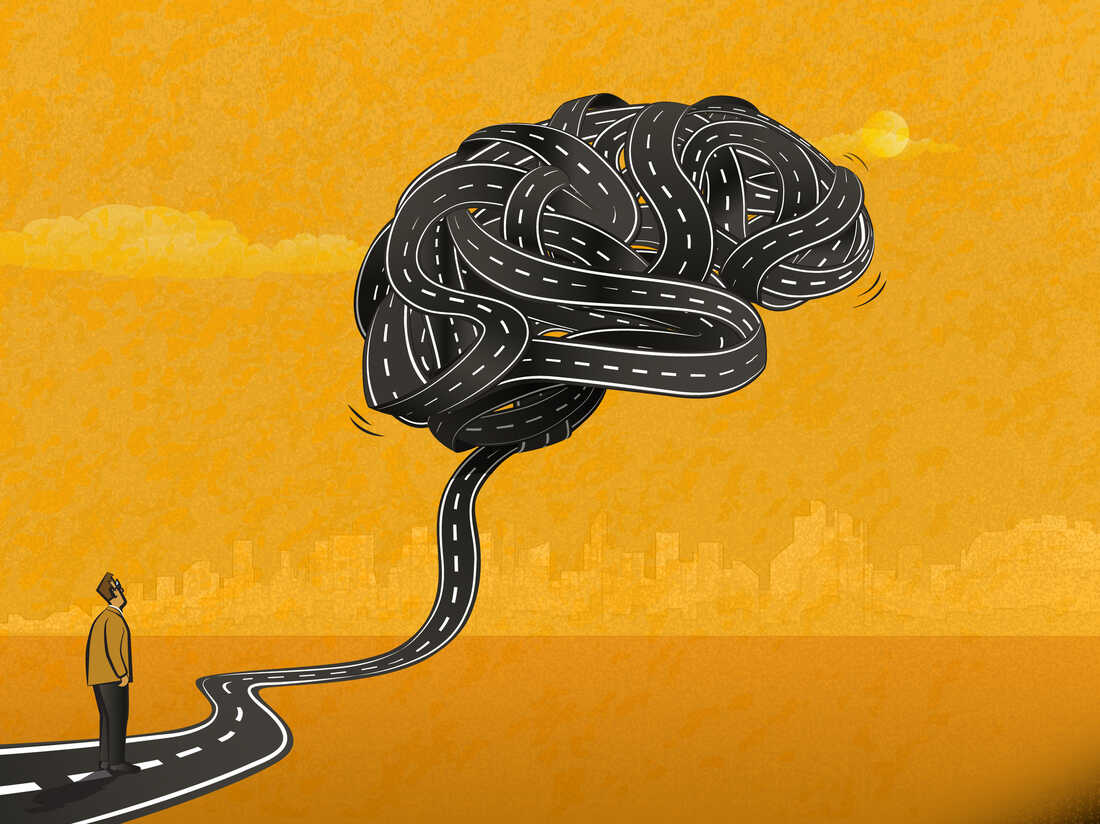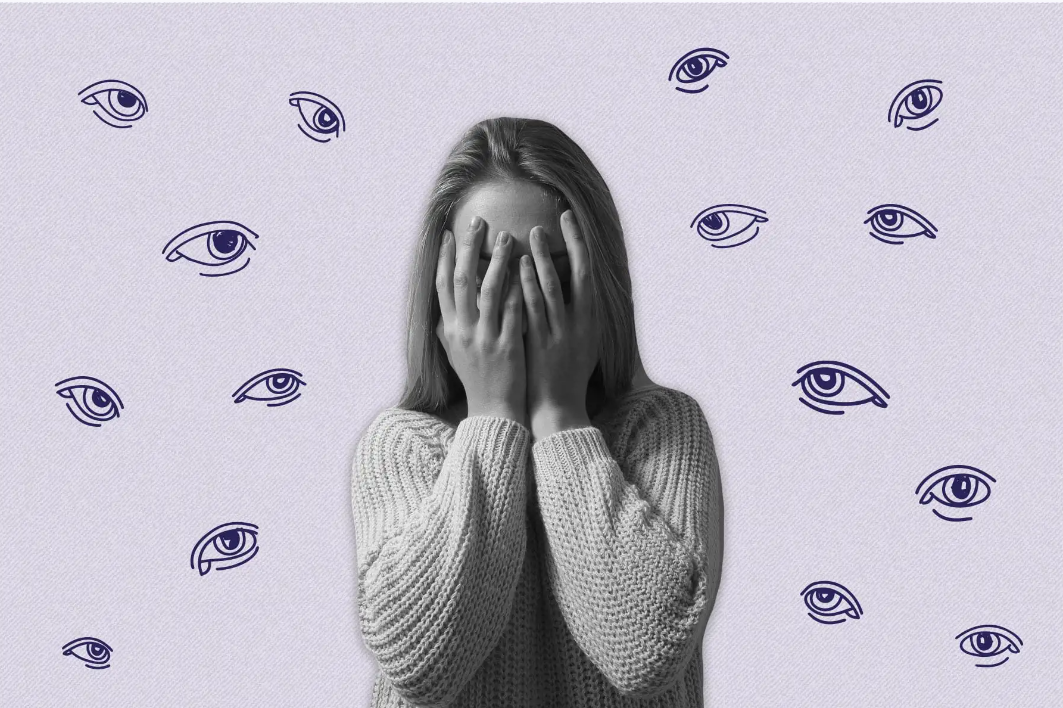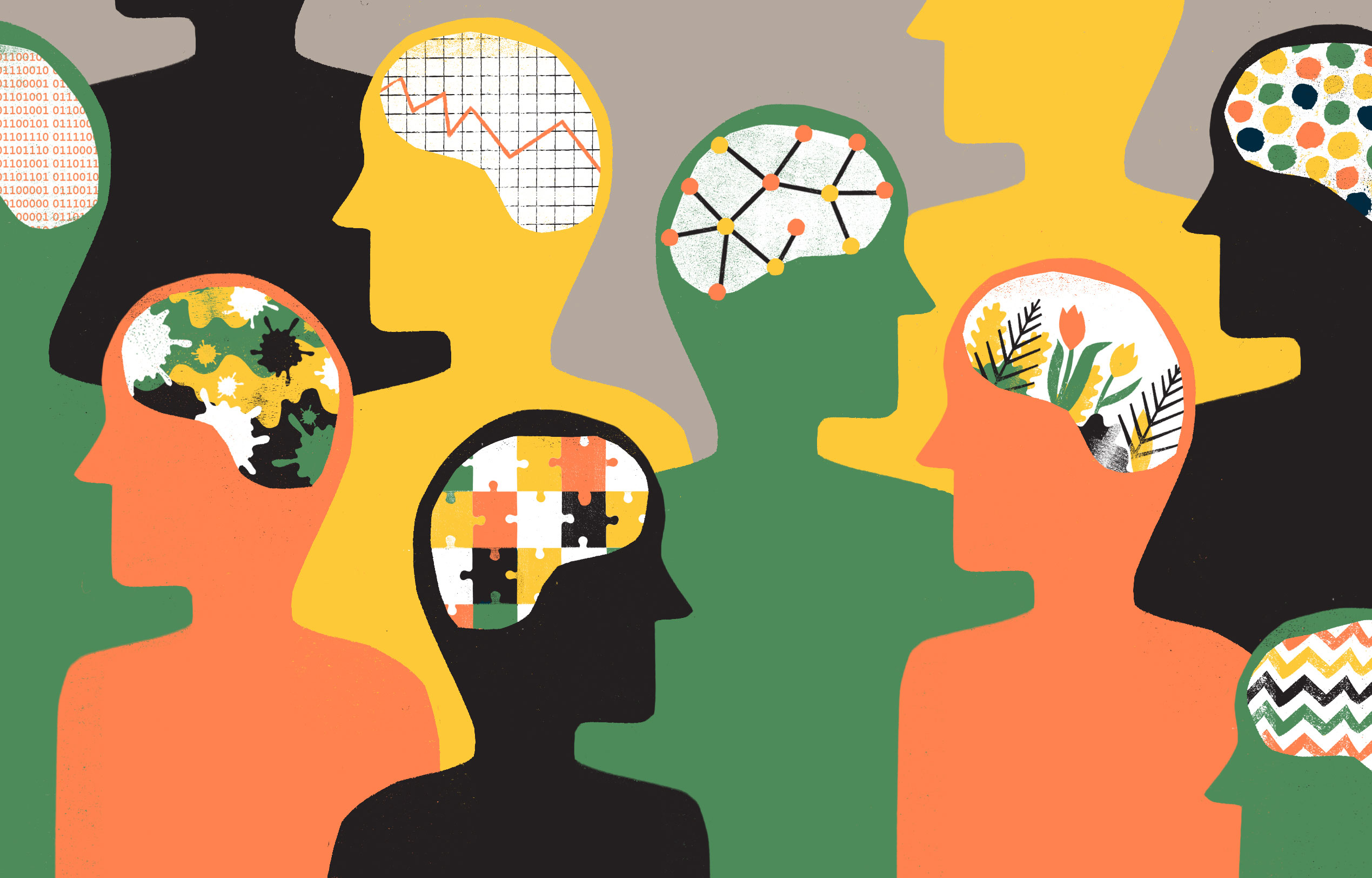What is Insomnia?
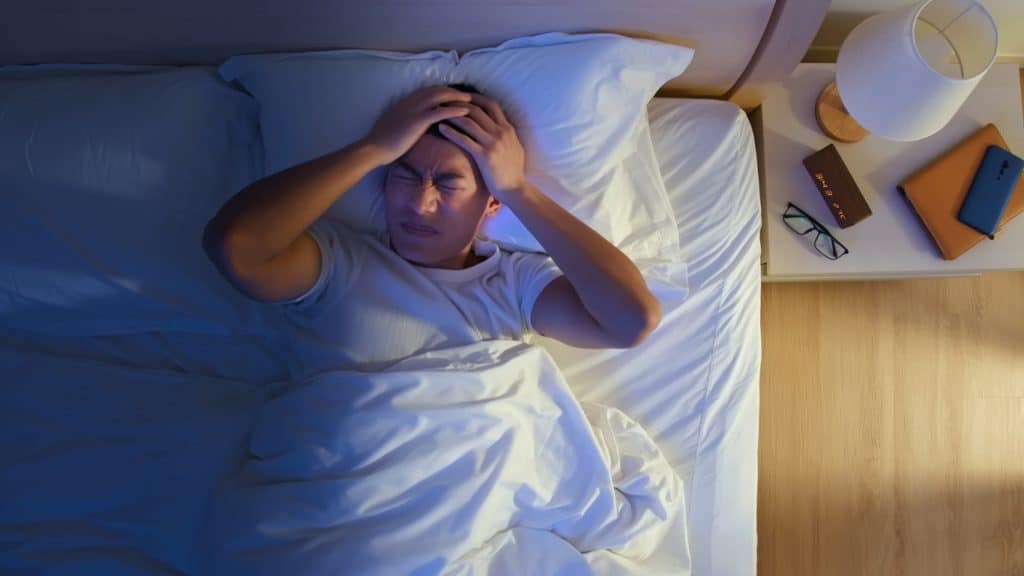
Insomnia is a sleep disorder that affects millions of people around the world. It is characterized by difficulty falling asleep or staying asleep, even when a person has the opportunity to get adequate sleep. Insomnia can have a significant impact on an individual’s overall health and well-being, as it can lead to daytime fatigue, irritability, difficulty concentrating, and decreased productivity.
Insomnia can be classified as acute or chronic, depending on its duration. Acute insomnia is short-term and often occurs as a result of a specific event, such as stress or illness. Chronic insomnia, on the other hand, is long-term and can last for months or even years. It is often associated with underlying medical or psychological conditions, such as depression, anxiety, or chronic pain.
There are several factors that can contribute to insomnia, including lifestyle factors such as caffeine consumption, irregular sleep schedules, and lack of exercise. Environmental factors such as noise, light, and temperature can also affect sleep quality. In addition, medical and psychological conditions such as sleep apnea, depression, and anxiety can contribute to the development of insomnia.
Fortunately, there are several effective treatments available for insomnia, including cognitive-behavioral therapy, sleep hygiene education, and medication. It is essential to seek help from a qualified mental health professional if you are experiencing symptoms of insomnia, as treatment can improve your overall quality of life and well-being.
SYMPTOMS of Insomnia
- Difficulty falling asleep at night
- Waking up during the night
- Waking up too early
- Not feeling well-rested after a night’s sleep
- Daytime tiredness or sleepiness
- Irritability, depression or anxiety
- Difficulty paying attention, focusing on tasks or remembering
- Increased errors or accidents
- Ongoing worries about sleep
TREATMENT
Medications:
- Eszopiclone (Lunesta)
- Ramelteon (Rozerem)
- Zaleplon (Sonata)
- Zolpidem (Ambien, Edluar, Intermezzo, Zolpimist)
Non-prescriptive methods:
- Relaxation techniques
- Essential Oils, meditation, and breathing techniques can all be used to help the symptoms of insomnia. These techniques can target muscle tension,
- Sleep Restriction
- Sleep redistricting involves restricting sleep to only night time. No naps or small rests throughout the day. This essentially initiates a state of sleep deprivation in the hopes of capitalizing on that sleepiness at night when you would normally be asleep.
- Stimulus Control Therapy
- Stimulus control therapy involves staying away from the bedroom and bed for everything but sex and sleep. Working, eating, and hanging out in bed can give false signals to the brain that this area is a place for activities and stimulation. The bed should be saved as only a place of relaxation and sleep.
BLOGS:
REQUEST AN APPOINTMENT
OUR OFFICE IS IN THE HEART OF MIAMI
1411 SW 22nd St
Miami, FL 33145
HEALING HOURS


